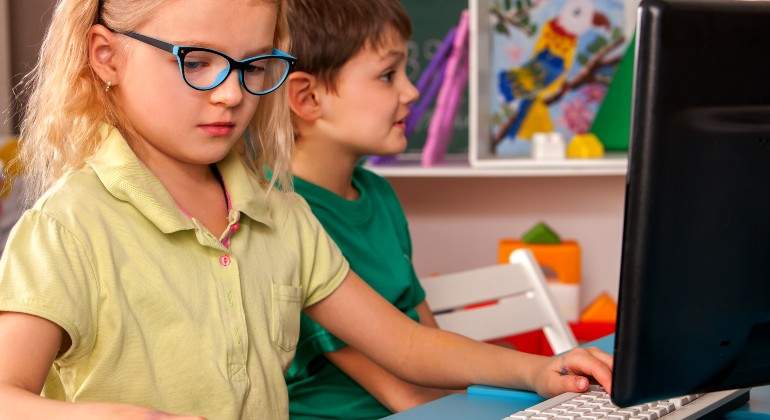One in three countries has not taken action to boost education after the closure of schools due to the pandemic. Less than a third of low- and middle-income countries reported that all students had returned to face-to-face education.
One in three countries where schools are or have been closed are not yet implementing recovery programs after that closure derived from the Covid-19 pandemic, according to the ‘Survey on National Education Responses to the Closing of Schools by Covid- 19 ‘, produced by UNESCO, UNICEF, the World Bank and the OECD.
At the same time, only a third of countries – most of them high-income – are taking steps to measure learning losses at the primary and secondary education levels.
“Measuring learning loss is an essential first step to mitigate its consequences. It is vital that countries invest in evaluating the magnitude of these losses, in order to implement the appropriate recovery measures,” explained Silvia Montoya, director of the Institute. for Unesco Statistics.
Less than a third of low- and middle-income countries reported that all students had returned to face-to-face education . However, most countries reported using at least one form of outreach to encourage students to return to school, including community participation, school monitoring, modification of water, sanitation and hygiene services, financial incentives and review of access policies.
Another of the data that the study throws up is that 28% of the countries canceled the exams in the first years of secondary school and 18% did the same in the last years.
10% of low-income countries reported having enough soap, clean water, hygiene and sanitation facilities, and masks, compared to 96% of high-income countries.
In 2020, schools around the world closed completely at all educational levels for an average of 79 school days , representing approximately 40% of all school days considering the average for OECD and G20 countries. The figures range from 53 days in high-income countries to 115 in low-income countries.
“Remedial teaching is critical to helping children who have been out of school get back on track and reducing long-term learning losses. This requires an urgent effort to measure current levels of students and collect good quality data to guide teaching practices “, as conceived in the study , highlighted Jaime Saavedra, Global Director for Education at the World Bank.
In total, 142 countries responded to the survey, which covers the period from February to May 2021 and the levels of preschool, primary and all secondary education.
“Remote education has been an oxygen balloon for many children around the world during school closings. But for the most vulnerable, even that was out of their reach. It is urgent that each child return to a classroom now.
But We can’t stop there, reopening better means implementing recovery programs to help students get back on track, and ensuring that we prioritize girls and the most vulnerable in all of our efforts, “concluded UNICEF Chief of Education Robert Jenkins.
